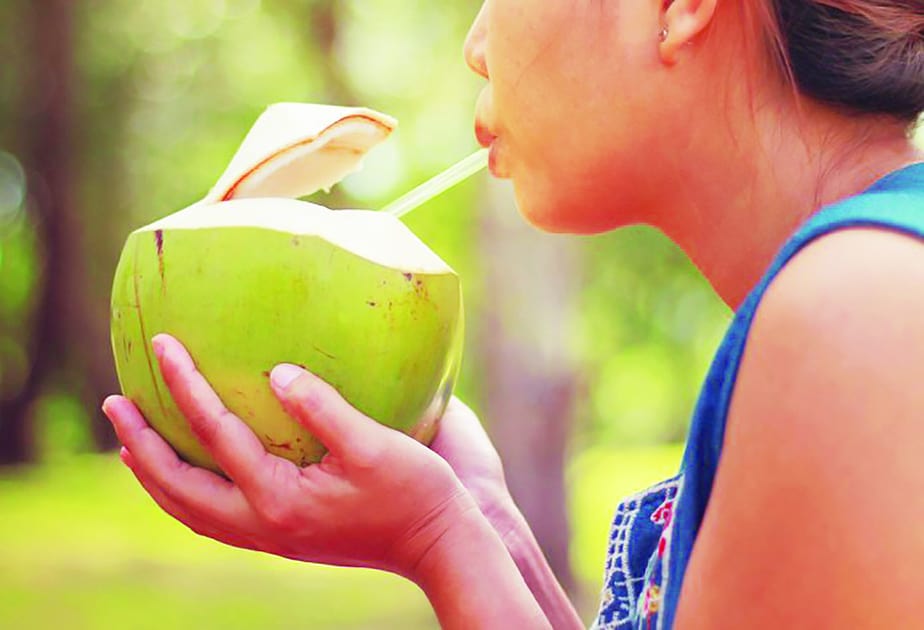Eat healthy food, avoid long use of painkillers, detox once in a while, and take care!
As with any other disease, prevention is the best cure for renal (kidney) disease, which may manifest as stones or failure. Calcium stones are more common in men and struvite stones occur mainly in women as a result of urinary tract infections.
To keep the kidney in optimal health, food is the best medicine. After all, the very function of kidneys is to filter waste products from the blood. This organ also regulates blood pressure, electrolyte balance and production of red blood cells in the body. Diagnosis of kidney failure is usually done by blood tests. That is why Kidney Function Test (KFT) is always part of preventive health checks for older people. Early diagnosis lowers the chances of deteriorating renal health.
However, as Marian Alonzo, MD, Integrative Medicine at The Farm points out, “It takes about 70% of kidney cells to be damaged before the disease shows up in the blood. We can detect early signs of bodily imbalance long before the illness is detected in the blood, such as minor changes in the skin. Sometimes, ultrasound shows a pathology early on.”
According to her, quality sleep and ample hydration with quality water are key factors. “Sleep replenishes kidney jing or the essence of vitality. Taking coconut water at lunchtime is one way to help the kidney. The time is important because coconut water is inherently cold for the body so it’s best taken when the sun is up and the body has been sufficiently warmed from morning activities.” At The Farm, acupuncture and charcoal body wrap are used to harmonise kidney flow.
Just as well, because Dr Ashwani Gupta, nephrologist at Delhi’s Dr Gangaram Hospital, says use of Ayurvedic or Unani medicine for any disease is really harmful for the kidney, as they contain heavy metals. “It is quite worrying that even for kidney problems, some practitioners prescribe potions with heavy metals.”
Another practice he red-flags is long-term use of analgesics or painkillers. “It is only prolonged use which affects kidney function — say more than three months or three years, depending on the dosage and frequency of use,” he says.
The good news is that kidney disease is not hereditary, reassuring for those whose elderly parents may have needed treatment. It is those with a genetic predisposition to diabetes or hypertension who should be conscious of their kidney health, says Dr Gupta. There is a condition called hereditary nephritis, but it is rare.
As we age, kidney function gradually decreases over time. So to protect this vital organ, adopt a diet of unprocessed foods, and opt for those which are nutrient dense, loaded with anti-oxidants and electrolytes.
Some of the foods which should be included in your diet are blueberries, cranberry, leafy greens, beetroot, juices, avocado and citrus fruits. You must reduce dairy products, red meats and processed foods like ham, salami, bacon and sausage. Also avoid chips, packaged food, canned and fast food, which are high on salt (sodium). They put an extra load on a kidney which may already be weak.
Some causes of kidney failure are treatable and the kidney function may return to normal. Unfortunately, kidney failure may be progressive in other situations and may be irreversible.
If you believe in Nature cures, first go for a cleansing and detoxing. To help relieve fluid retention, nettle tea is a natural diuretic, also cultured whey. Increase intake of water. Give up smoking and drinking, and decrease toxic overload which comes from preservatives and household chemicals. Those who suffer from high BP or hypertension, as is common these days, must reduce body weight. Control all these and go for regular check-ups, and your kidneys won’t let you down – nor will other organs.
Dr Reshma is an advocate of wellness, prevention and holistic health n





